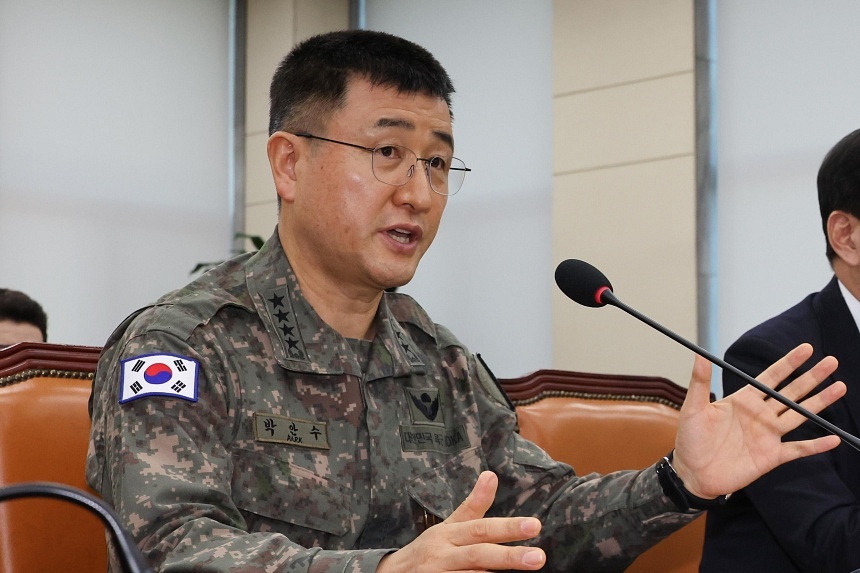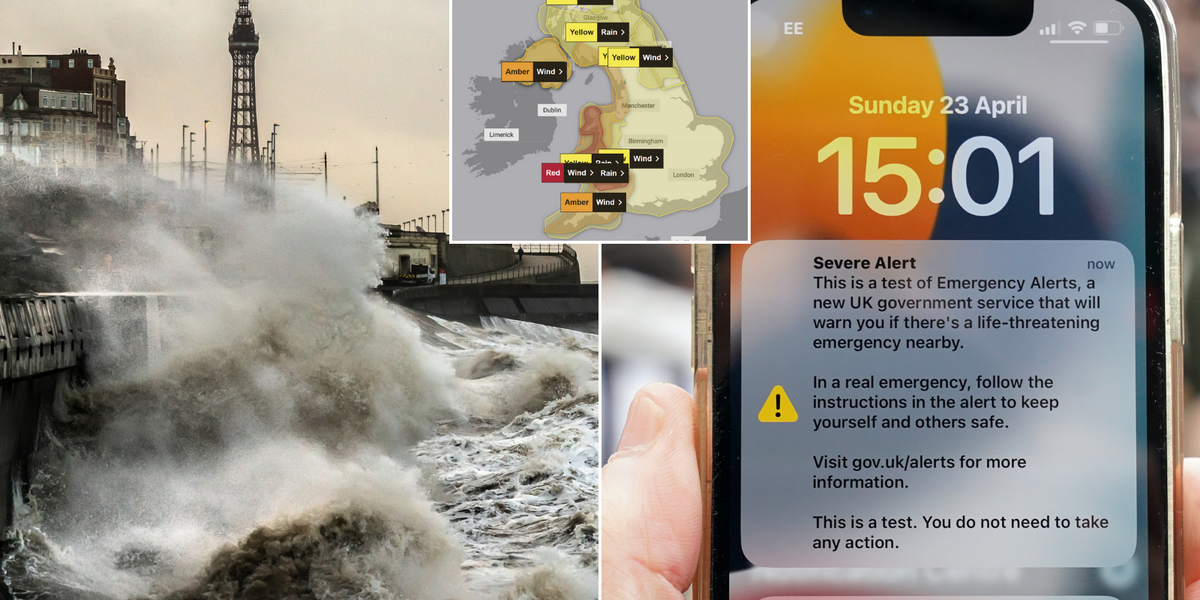Speaking at an open parliamentary session, Qalibaf emphasized that Iran’s support for the resistance front remains one of its “most important and leading” policies.
“Iran explicitly announces that it will continue to support resistance as a religious and national duty,” Qalibaf said.
He argued that Muslim nations and “free people across the world” have recognized the “criminal and dangerous” nature of Israel, adding, “We are confident that the thriving … concept of resistance will expand more rapidly throughout the region.”
Qalibaf stressed that the collapse of Syrian President Bashar al-Assad’s government would disrupt the resistance path but praised resistance groups like Hezbollah for their ability to adapt and emerge stronger.
“However, the resistance front’s groups, especially Hezbollah in Lebanon, have shown that they will not only adapt to the new situation very soon, but will also act more dynamically and strongly than ever,” he stated.
Qalibaf pointed to Hezbollah’s resilience, noting that even the assassination of top commanders did not weaken the group.
“Despite the assassination of top Hezbollah commanders, the resistance emerged more strongly and forced the Israeli regime to acceding its defeat and accepting a ceasefire agreement,” he said.
His remarks followed a speech by the Leader of the Islamic Revolution Ayatollah Seyed Ali Khamenei, who on Wednesday rejected claims that the resistance front had weakened.
“The more you push, the stronger it becomes; the more you commit crimes, the more motivated it becomes,” Khamenei said.
“By the Divine Power, the resistance will expand more than before to cover the entire region,” he added.
Qalibaf also addressed the recent developments in Syria, where militants and Takfiri terrorists overran the Syrian capital.
He reiterated that Iran had warned Syria about “conspiracy of the interfering sides” and emphasized the need for dialogue and national unity to prevent internal chaos.
“The Syrian people would not have been engaged in internal chaos and settling sectarian differences if Iran’s warnings had been heeded,” Qalibaf stated.
He added that Iran would calibrate its relationship with Syria based on the actions of armed opposition groups.
“The region is in the midst of rapid transformation towards a new order,” Qalibaf said.
“If we are passive, we would face great challenges, but if we are vigilant, great opportunities will arise from these challenges.”
He concluded by emphasizing Iran’s ability to transform threats into opportunities, calling it a lesson the country has learned over time.

 By Tasnim News (World News) | Created at 2024-12-12 12:26:51 | Updated at 2024-12-12 14:40:42
2 hours ago
By Tasnim News (World News) | Created at 2024-12-12 12:26:51 | Updated at 2024-12-12 14:40:42
2 hours ago








